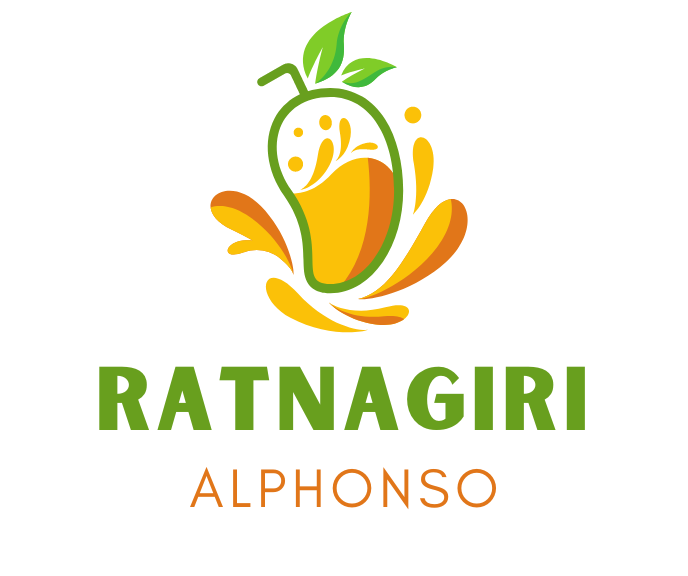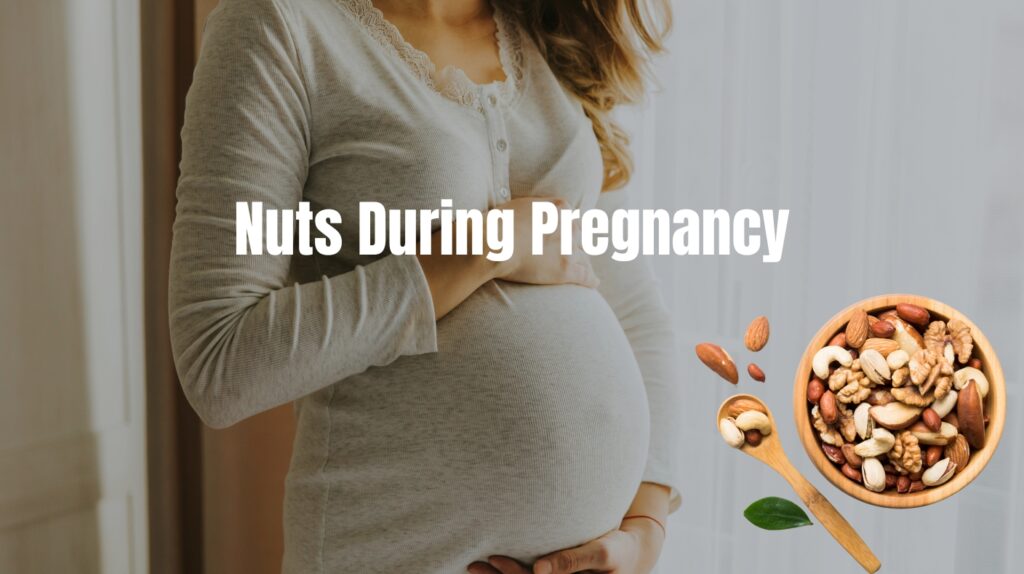Expecting a baby is an incredible journey, filled with countless decisions, including what to eat to provide the best nutrients for both mother and baby. Nuts during pregnancy are an excellent source of nutrition, offering valuable vitamins, minerals, and healthy fats crucial for both maternal and fetal health. But with safety concerns and potential allergies, knowing which nuts to consume and in what quantity is essential for expecting moms.
Why Nuts Are Beneficial During Pregnancy
Nuts are rich in essential nutrients that contribute significantly to a balanced diet during pregnancy. They are a powerhouse of protein, fiber, healthy fats, and antioxidants—all of which are crucial for the development of the baby and the overall health of the mother.
1. High in Protein and Healthy Fats
Protein and healthy fats are vital in supporting fetal growth and development. Nuts contain unsaturated fats like omega-3 and omega-6 fatty acids, which are important for the baby’s brain and eye development. These fats also help in managing maternal cholesterol levels, supporting cardiovascular health, and stabilizing energy levels during pregnancy.
2. Packed with Essential Vitamins and Minerals
Nuts provide a variety of vitamins and minerals such as:
- Folate – Essential for fetal brain development and can help prevent neural tube defects.
- Vitamin E – Supports immune function and skin health, and acts as an antioxidant.
- Calcium and Magnesium – Important for developing strong bones and teeth in the baby, while helping to prevent maternal hypertension and leg cramps.
- Iron – Necessary for producing additional red blood cells, reducing the risk of anemia, and enhancing oxygen flow to the baby.
3. High Fiber Content for Digestive Health
Pregnancy often causes digestive issues, and the fiber in nuts can help alleviate constipation and promote healthy digestion. Including fiber-rich foods like nuts in your diet can contribute to better nutrient absorption, which is particularly important during pregnancy when nutritional demands are higher.
Safety Tips for Eating Nuts During Pregnancy
While nuts offer substantial benefits, it’s essential to consume them safely during pregnancy. Here are a few guidelines:
1. Choose Unsalted and Unroasted Nuts
Opt for unsalted, unroasted, or raw nuts. Salted nuts can increase sodium levels, which may lead to water retention and elevate blood pressure, potentially risking hypertension. Raw nuts retain their full nutrient profile and are free from the additives often found in roasted or flavored varieties.
2. Be Cautious of Allergies
If you or close family members have a history of nut allergies, consult your healthcare provider before adding nuts to your diet. Allergies during pregnancy are rare, but it’s better to err on the side of caution. If you have no history of nut allergies, consuming nuts can even help reduce the risk of your child developing allergies.
3. Moderation is Key
Though nutritious, nuts are high in calories and fats, so moderation is essential. Generally, 1-2 ounces of nuts per day (around a small handful) is considered a safe amount. Eating too many nuts can lead to unnecessary calorie intake and may contribute to unwanted weight gain during pregnancy.
Types of Nuts and Their Specific Benefits During Pregnancy
Different nuts provide unique nutrients that can support pregnancy health. Here’s a closer look at the benefits of some popular nuts:
1. Almonds
Almonds are rich in vitamin E, fiber, protein, calcium, and magnesium. Consuming almonds during pregnancy can support skin health, strengthen bones, and improve digestive health. Their protein content makes them ideal for supporting fetal muscle development and aiding the mother’s energy levels.
2. Walnuts
Walnuts are a top source of omega-3 fatty acids, which play a critical role in fetal brain and eye development. They also contain antioxidants and folate, which contribute to neurological development and may protect the mother’s mental health by potentially reducing the risk of pregnancy-related mood disorders.
3. Cashews
Cashews are packed with iron, magnesium, and zinc, nutrients that help reduce the risk of anemia, strengthen immunity, and support muscle and nerve function. Cashews also offer copper, which aids in the development of red blood cells and keeps both the mother and baby’s blood healthy.
4. Pistachios
Pistachios are high in protein, fiber, and unsaturated fats. Their protein content helps with fetal growth, while fiber supports digestion. Rich in antioxidants like lutein and zeaxanthin, pistachios contribute to eye health, which is essential for both mom and baby.
5. Brazil Nuts
Brazil nuts are an excellent source of selenium, a powerful antioxidant that plays a role in immune function and DNA synthesis. A single Brazil nut provides the daily recommended intake of selenium, helping support a healthy immune system and protecting cells from oxidative damage.
6. Peanuts
Peanuts are affordable and contain folate, magnesium, and protein. Research suggests that consuming peanuts during pregnancy might reduce the risk of allergies in children. They also contribute to heart health, stabilize blood sugar levels, and provide lasting energy.
Recommended Daily Intake and Serving Sizes
While nuts are beneficial, portion control is key to maximizing their advantages without overconsuming calories. A typical daily serving size during pregnancy is:
- Almonds: 1 ounce (approximately 23 almonds)
- Walnuts: 1 ounce (about 7 whole walnuts or 14 halves)
- Cashews: 1 ounce (about 18 cashews)
- Pistachios: 1 ounce (approximately 49 pistachios)
- Brazil Nuts: 1-2 nuts (for adequate selenium intake)
- Peanuts: 1 ounce (approximately 28 peanuts or two tablespoons of peanut butter)
Aim to rotate different types of nuts to benefit from their unique nutrient profiles. For instance, mix walnuts and almonds one day, cashews and pistachios the next.
Addressing Common Concerns: Can Eating Nuts During Pregnancy Prevent Allergies?
Current research suggests that maternal consumption of nuts might reduce the risk of allergy development in children. Studies indicate that when mothers consume nuts during pregnancy, it may help the baby build a tolerance to them, potentially lowering the risk of allergies later in life. However, if you have a personal or family history of allergies, consult your healthcare provider before making nuts a staple in your diet.
The Bottom Line: Nuts as Part of a Balanced Pregnancy Diet
Incorporating nuts into your pregnancy diet can offer lasting benefits for both mother and baby. With their unique combination of healthy fats, proteins, vitamins, and minerals, nuts support fetal development, boost maternal health, and can even reduce the likelihood of certain pregnancy complications. Remember to consume nuts in moderation, select unsalted varieties, and mix up your nut choices for optimal health benefits.
For expecting mothers, nuts can be a convenient, nutrient-dense snack that provides sustained energy, promotes digestion, and offers essential nutrients. However, as with any dietary changes, it’s always best to discuss with a healthcare professional to determine the best plan for your unique nutritional needs.



